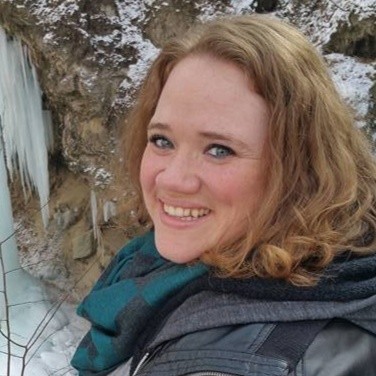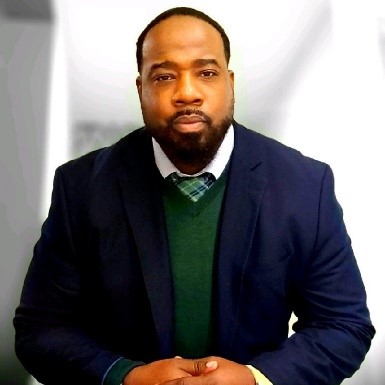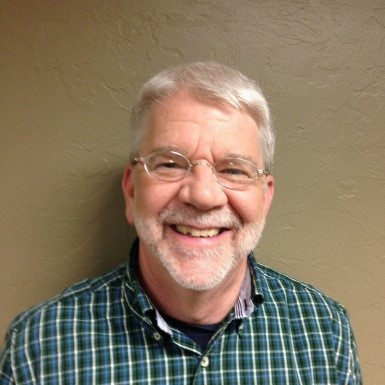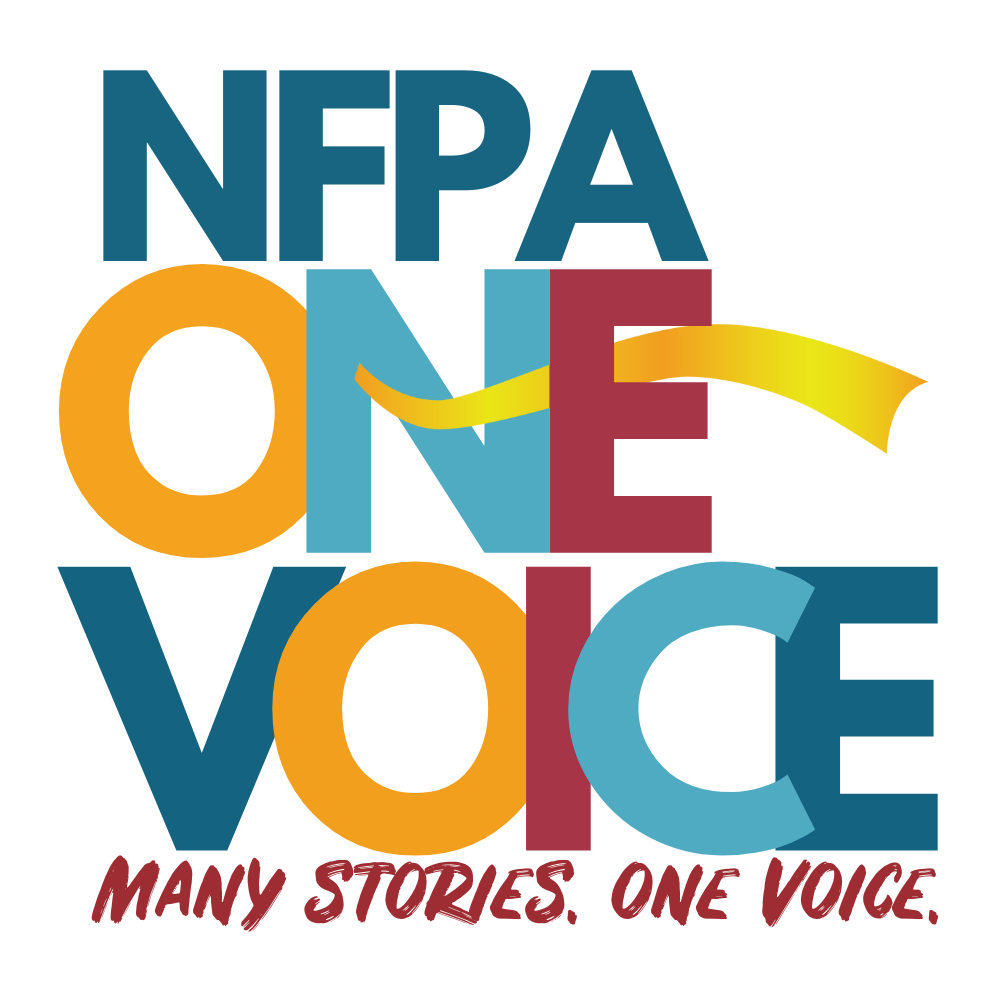Many Stories, One Voice Presentions
View Presenter InfoTrainer: Lanae Holmes

Family Advocacy Resources for Foster Parents
The National Center for Missing & Exploited Children’s Family Advocacy Division supports the emotional and mental health needs for survivors and caregivers of all missing and exploited child case types. We will share our resources with the participants to increase their knowledge and understanding of services available to the foster parent community. We will also provide information on how to report a youth missing from foster care and the services available to help locate that youth safely. We understand the unique challenges and vulnerabilities that exist for youth missing from care, and we will help empower foster parents to seek our support when caring for the children in their homes.
Trainer: Casey Jones

NetSmartz Parents, Guardians and Communities
The National Center for Missing and Exploited Children’s Outreach division will equip foster, kinship, adoptive parents, and child welfare professionals on how to keep children safe online by customizing NetSmartz materials to fit their needs. It will focus on how parents can protect their children and will share best practices on how families or welfare professionals can respond to a child if something happens related to online safety. Additionally, this presentation offers foster, kinship, and adoptive family’s tools for reporting child exploitation by reviewing NCMEC’s Take it Down program and their Cyber Tipline as vital resources for online safety.
Trainer: Josh Kroll

Adoption Assistance
In this session, you will learn the basics of adoption assistance for children adopted from foster care. Topics include eligibility, benefits, taxes, and more. Participants will receive state specific information and will come away with concrete information and strategies to better advocate for foster and adopted children with special needs. There will also be an overview of the Federal Adoption Tax Credit.
Advocacy 101 Case Study
In this session you will learn the tools to advocate for your child and for all children. The session will start with problem identification, move on to laws or rules that cover the problem, and how to find a solution. Those concepts will then be expanded to class advocacy, advocating for all children.
Q & A – I’m Here to Answer Your Questions
Our goal at the IRS Tax Outreach, Partnership and Education Branch (TOPE) is to develop and build relationships with organizations and their members and to share and educate on IRS hot topics that are of interest to those members.
We want to be able to provide information on topics and issues that benefit you and your organization including economy, tax law issues, tax credits, etc.
The purpose of my interaction is to provide you with a direct connection to the IRS, and to share real-time information about tax laws that could affect you.
Trainer: Stacy Schultz

Why Do They Run?
In 2023, 1 out of 6 missing children reported to the National Center for Missing & Exploited Children were likely victims of child sex trafficking. Many of these cases involved children who had run away. This presentation will provide a deep dive into the reasons why youth may run away and the increased vulnerability to child sex trafficking that missing youth within the foster care system experience. This session will also cover successful youth engagement approaches and strategies for foster, kinship, adoptive families and welfare professionals from both a prevention and intervention perspective. Youth who have run away tend to be at higher risk of going missing again, foster, kinship, adoptive families and welfare professionals are uniquely positioned to both identify signs and prevent youth from running away and reduce future running behavior. Attendees will also learn about resources available through the National Center for Missing & Exploited Children that can assist with this effort.
Trainer: Marcus Stallworth, LMSW

How to Succeed Against Compassion Fatigue
The workforce is encountering many challenges related to recruitment, retention, and staff morale. A major factor contributing to these challenges is compassion fatigue – an unintended consequence of working in helping professions.
External life factors can easily exacerbate the commitment to day-to-day responsibilities, resulting in missed opportunities for support, and a lack of empathy for others.
In this training, we will use CWLA’s four A’s framework to increase Awareness, Acknowledge the complexity of these issues, identify ways to Act to support staff (and ourselves), and determine what Accountability and measurable progress should look like.
Learning Outcomes:
1. Participants will be introduced to common factors that can lead to compassion fatigue and will be provided strategies and suggestions on how to reduce burnout, excess stress, and relationship imbalance.
InstruMENtal- Recognizing the Importance of the Male Role in Child Welfare
With feedback from resource and kinship dads, direct staff, managers, supervisors, and community members, we have developed an initiative designed to make intentional efforts to ensure all members of our professional team are valued and included.
Five areas of focus have been identified that individuals, agencies, and community providers can utilize to maximize the assets men in child welfare bring to the table. Ensuring males feel included and heard can impact resource parent recruitment, staff retention, and overall organizational culture.
Please join us in lively session, where we will rely on networking and shared experiences to further this nationwide effort.
Learning Outcomes:
1. Participants will be able to recognize the importance of the male role in child welfare and identify ways to ensure they are included in family decisions, discussions regarding children in the household, and agency-specific conversations related to children who have joined their family.
Trainer: Roy Van Tassell, LPC

Understanding and Responding to Problem Sexual Behaviors in Children 12 and Under
About fifteen percent of sexual contact to children happens from other youth ages 7-11, and 40% of all sexual abuse to those under age 6 is from other juveniles. Child sexual abuse from adults is well studied, yet myths and misinformation prevail about problematic sexual behaviors (PSB) in children.
This interactive session will: outline typical vs. concerning or problem sexual behaviors in children 12 and under; present evidence about the harmful effects of pornography exposure to youth, and the structure and outcomes of evidence-based treatments for PSB.
Education resources for caregivers and professionals including training availability will be shared.
Learning Outcomes:
1. Be able to describe typical and non-typical, problematic or concerning sexual development in children and key elements for treatment.
2. Evaluate causes and risk factors for problem sexual behavior in children.
3. Learn accessible resources for caregivers and professionals for understanding and responding to problem sexual behaviors.
Through a Lived Experience Lens: Engaging Caregivers in Trauma Care
This presentation brings together a mental health professional and an advocacy professional both with a range of lived-experiences. These two presenters with backgrounds ranging from a former foster youth now a foster care advocate, to a parent of a child with mental illness and mentor of a nephew formerly in foster care, will discuss the importance of family and caregivers to life-long recovery from traumatic stress.
Presenters will share research data on improved outcomes when youth are supported by family, friends, mentors, caregivers, and peers and offer hope and tips from personal real-world experiences of the importance of positive supports, belonging and family connections for overcoming the impacts of abuse, loss, abandonment and separation.
Learning Outcomes:
1. Assess a brief overview of research findings on the positive outcomes of caregiver and mentor supports in the lives of foster / adoptive youth.
2. Compare the perspective and narratives of 2 professionals with varying lived-experiences, the challenges, benefits and importance of supporting current and former foster youth.
3. Discuss concrete barriers, solutions and resources for engaging and supporting foster youth with mental, physical and life-management challenges.
Trainer: Steven Waddell, LPC-S

Keeping the “Child” in Child Welfare – Creating Normalcy Experiences for Youth in Foster Care
This training is on the Reasonable and Prudent Parenting Standards and how you can better support normalcy for the youth you work with. The everyday experiences most of us had growing up are often not part of a child/adolescents who are in foster care. Those experiences provide opportunities to practice many of the skills we will need as we get older, offer us lots of life lessons and play an important role in shaping who we become. This training will explore ways to increase normalcy for children/adolescents in care.
Learning Outcomes:
1. Define normalcy as it relates to child welfare.
2. Explain at least 3 reasons why normalcy is important for youth in child welfare.
3. Provide at least 4 examples of normalcy within child welfare.
4. List at least 3 barriers to normalcy.
5. Apply the Reasonable and Prudent Parenting Standard to support normalcy with a case scenario.
6. Create an action plan with at least 3 strategies to improve normalcy for children in child welfare.
Trainer:
Amy Wolfson, PhD

Co-Presenter:
Karolina Rusin

Fostering Sleep Health Strategies for Children in Foster Care
Based on recent work by the Fostering Sleep Team, this interactive workshop will focus on how foster caregivers and staff can foster sleep for children under their care. Part I will discuss healthy sleep, consequences of poor sleep, and how sleep can be particularly challenging for children in foster care (e.g., impact of trauma).
Part II will share caregiver and family strategies for fostering sleep, developing a comforting bedtime routine, distinguishing sleep disorders, and overall approaches that might work well for children residing in foster care.
While discussion will be encouraged throughout the workshop, Part III will be focused on participants questions and will encourage learning from shared experiences.
Learning Outcomes:
1. Understand healthy sleep for children ages 3-11 and the sleep challenges faced by children in foster care.
2. Learn about strategies for fostering healthy sleep and comforting bedtime routines through a trauma-informed lens.
3. Develop the efficacy to tackle sleep challenges for the children under your care.
Trainer:
Karolina Rusin

Co-Presenter:
Amy Wolfson, PhD

Prioritizing Sleep Health in Foster Care: Trauma-Informed Recommendations for Policy
This workshop will provide an overview of the importance of sleep for healthy development and summarize the current sleep and bedroom policies/guidelines for foster families among U.S. States.
This session will also address recommendations for policy based on current empirical findings to ensure sleep health is recognized as a fundamental aspect of children’s care.
Learning Outcomes:
1. Learn about the importance of sleep for healthy development and child well-being.
2. Become familiar with current policies and guidelines related to sleep and bedroom arrangements in foster homes.
3. Identify sleep/bedroom policy recommendations based on trauma-informed care.

